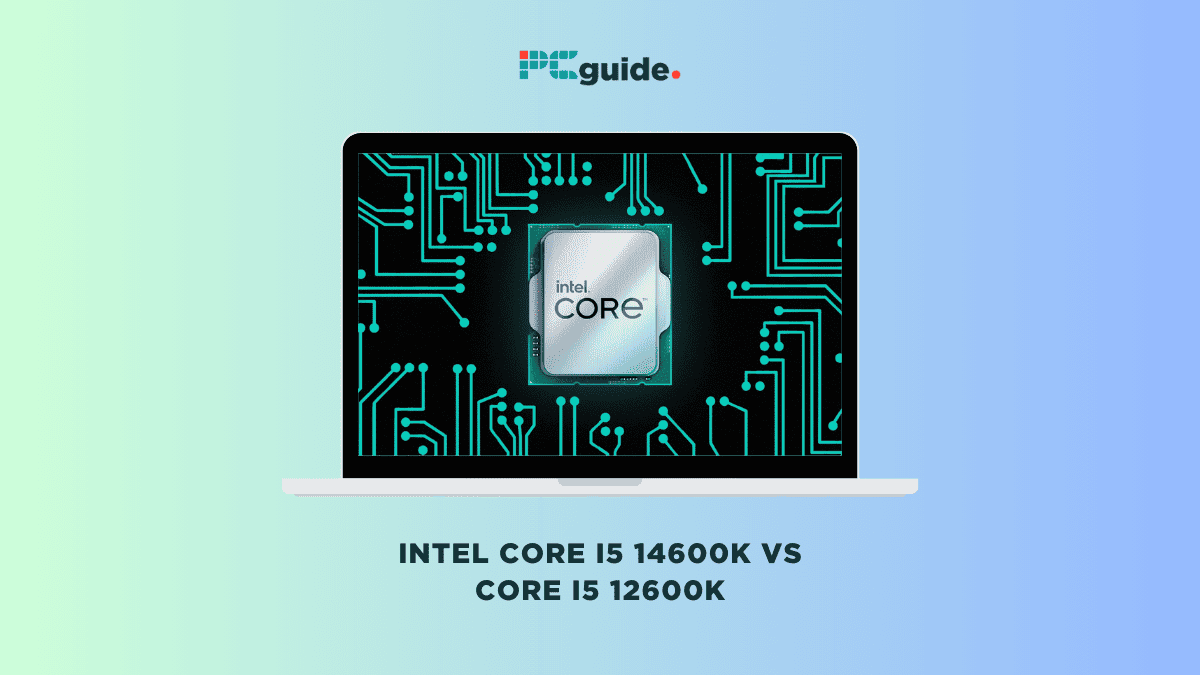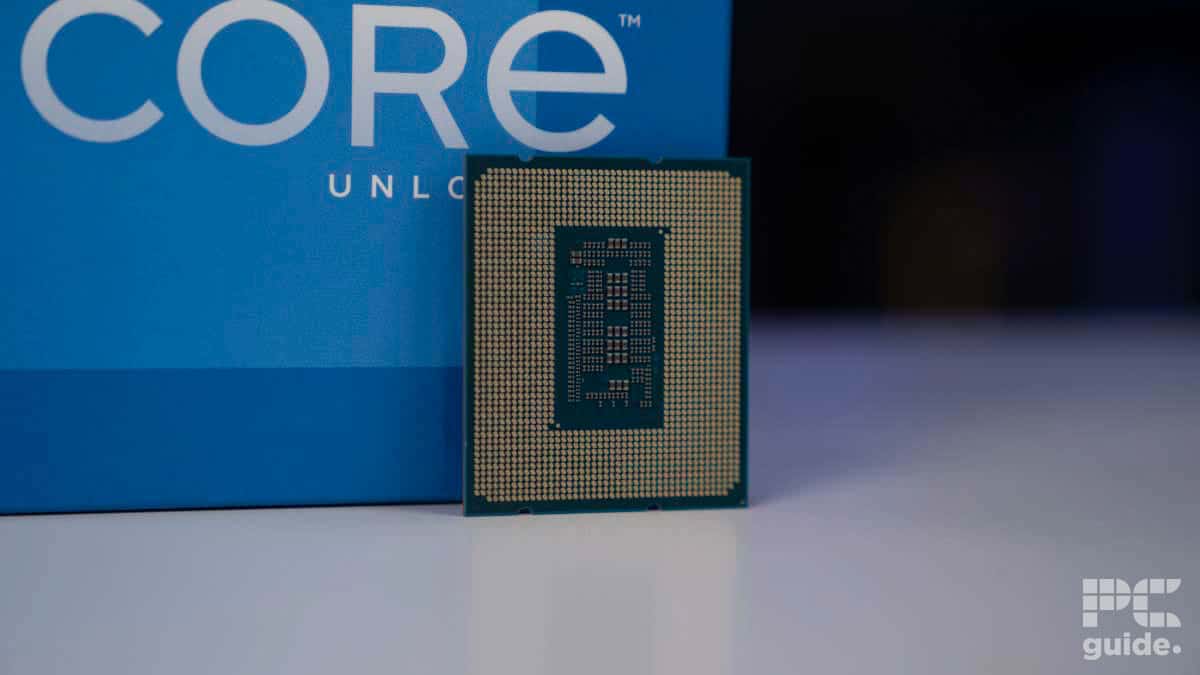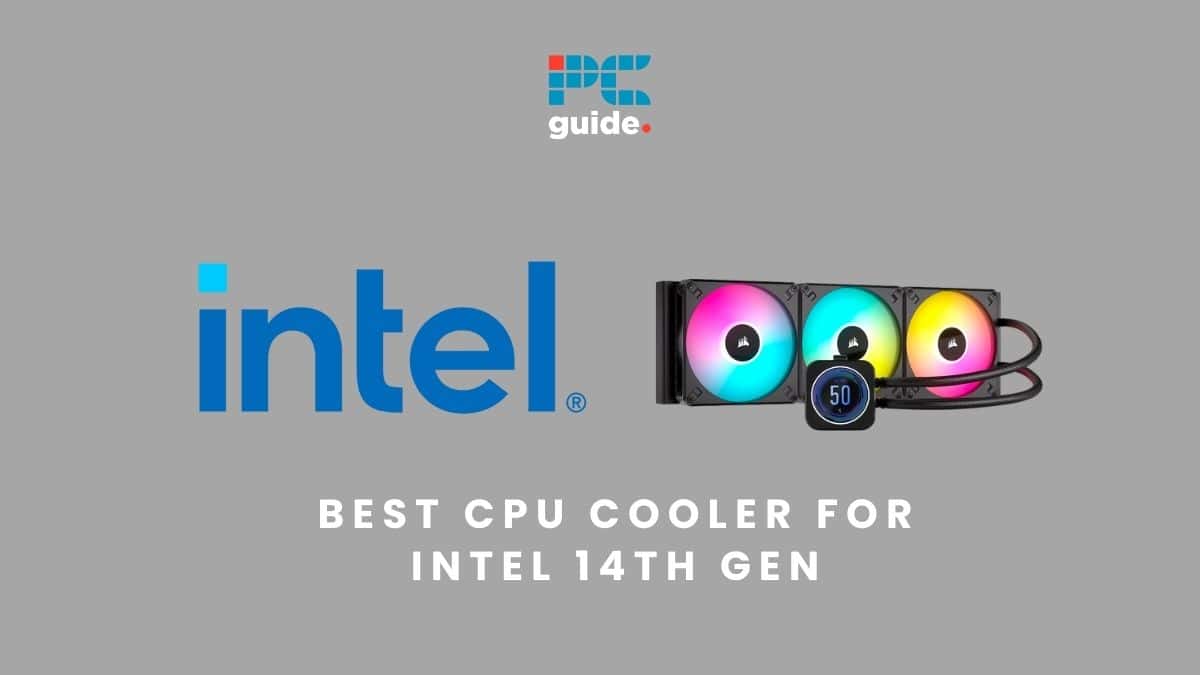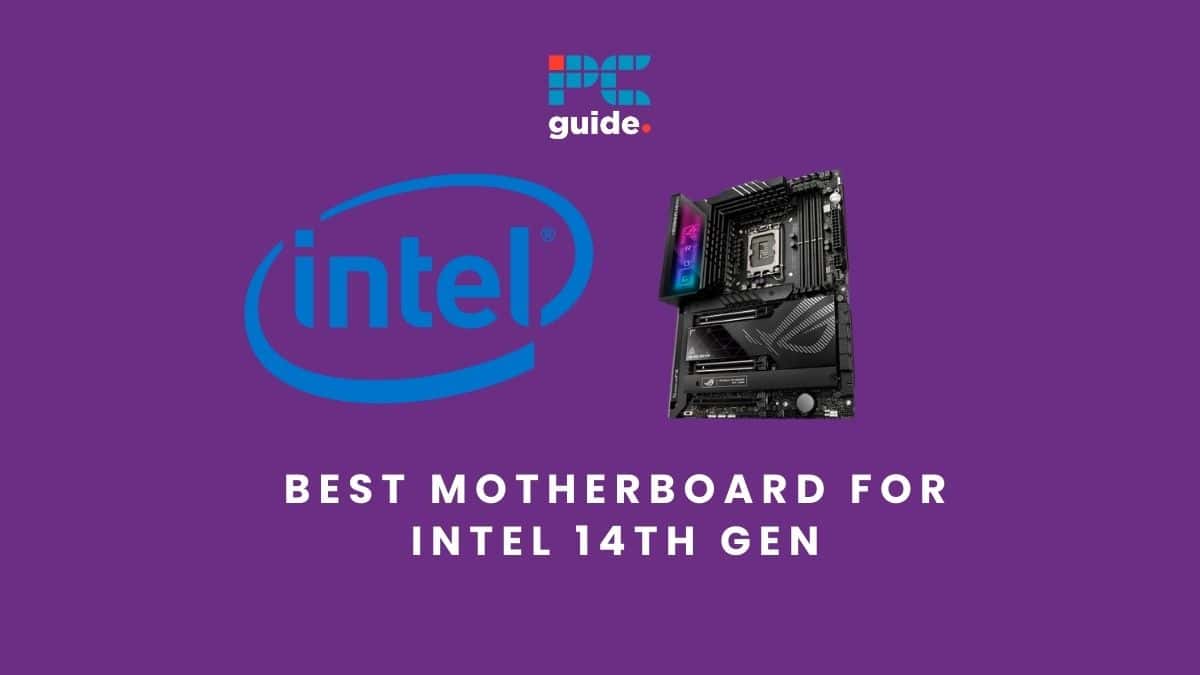Intel Core i5 14600K vs Core i5 12600K – Time to upgrade

Table of Contents
Intel Core i5 14600K vs Core i5 12600K is the question on the minds of many gamers and PC builders, especially with the release of Intel’s 14th-gen processors. If you’re currently using a Core i5 12600K, you might be wondering whether an upgrade is worth it. The straightforward answer is yes.
The Intel Core i5 14600K offers a notable leap in specs and multicore performance over its predecessor. But before you hit that “buy” button, it’s essential to delve deeper into the reasons that make this upgrade a smart choice. That’s why we’ve crafted this detailed guide to help you navigate this crucial decision.
Why the upgrade matters: A look at the hardware
One of the standout features that make the Intel Core i5 14600K a compelling upgrade is its hardware enhancements. With improved PCIe support and other architectural tweaks, this processor aims to be a current market leader in its segment.
Intel Core i5 14600K vs. Core i5 12600K: Specs
When it comes to cpu comparison, the Intel Core i5 14600K clearly outshines its predecessor, the Core i5 12600K, in several key areas. Let’s break down the specifics to see what makes the 14600K a compelling upgrade.
Core count and threads
The Core i5 14600K boasts 8 Gracemont efficiency cores, doubling the number from its predecessor. However, both CPUs maintain 6 Golden Cove performance cores. The total number of threads has also seen an increase, jumping from 16 in the Core i5 12600K to 20 in the 14th-gen Core i5 14600K.
Memory support: DDR4, DDR5, and beyond
Both CPUs offer support for ECC, DDR4, and DDR5. However, the Core i5 14600K takes it a step further by supporting DDR5-6000 memory, compared to the 12600K’s DDR5-4800 support. This could be a game-changer in ram tests for typical consumers looking for the best value.
Bandwidth and cache
The maximum bandwidth in the 14th-gen chip is a whopping 96.0 GB/s, a significant increase from the 12600K’s 76.8 GB/s. Even the L3 cache memory sees an upgrade, with the 14600K offering 24 MB compared to the 12600K’s 20 MB.
GPU and turbo frequencies: Graphics and speed
When it comes to graphics and turbo frequencies, the Core i5 14600K also takes the lead. It offers a 1.5 GHz turbo, compared to the 12600K’s 1.45 GHz. This could potentially lead to better in-game fps and improved user input accuracy.
Benchmarks and multi-core bandwidth: Real-world performance
While specs on paper are essential, benchmarks provide a more accurate picture of real-world performance. The Core i5 14600K shows promising results in multi-core bandwidth, making it a strong contender for those who prioritize performance.
SSD and base frequency: Additional considerations
Although both CPUs are quite similar in base frequency, it’s worth noting how they perform in SSD speed tests. The Core i5 14600K is expected to offer slightly better performance, adding another reason to consider upgrading.
By examining these specs closely, it becomes evident that the Core i5 14600K offers a range of improvements over its predecessor, making it a worthy upgrade for most users.
| Specs | Core i5 14600K | Core i5 12600K |
|---|---|---|
| Performance Cores | 6x Raptor Cove | 6x Golden Cove |
| Efficiency Cores | 8x Gracemont | 4x Gracemont |
| Threads | 20 | 16 |
| ECC Support | Yes | Yes |
| DDR4 and DDR5 Support | Yes | Yes |
| P-Core Base Clock | 3.50 GHz | 3.70 GHz |
| P-Core Boost Clock | 5.30 GHz | 4.90 GHz |
| E-Core Base Clock | 2.60 GHz | 2.80 GHz |
| E-Core Boost Clock | 4.00 GHz | 3.60 GHz |
| Max. Bandwidth | 96.0 GB/s | 76.8 GB/s |
| L3 Cache Memory | 24 MB | 20 MB |
| TDP | 125W | 125W |
| GPU (Turbo) | 1.55 GHz | 1.45 GHz |
| Socket | LGA 1700 | LGA 1700 |
Intel Core i5 14600K vs. Core i5 12600K: Performance
When it comes to the battle of the Intel Core i5 processors, the 14600K and 12600K are current market leaders that often come up in discussions. Both share several key specs, but their performance metrics are what truly differentiate them. Let’s delve into the nitty-gritty details to help you decide whether it’s time to upgrade.
User benchmarks and physical cores
The Core i5-14600K boasts six performance cores (P-cores) and eight efficiency cores (E-cores), making it a formidable contender for multithreaded tasks like content creation, video editing, and 3D rendering. User benchmarks indicate that the 14600K’s higher P-Core boost clock of 5.30 GHz gives it a noticeable edge in single-threaded applications.
On the flip side, the Core i5-12600K, with its Golden Cove architecture, offers competitive IPC (Instructions Per Clock). This makes it a strong performer in single-threaded workloads, even with a slightly lower boost clock.
Cache size and memory bandwidth
The Core i5-14600K features a more extensive L3 cache and higher memory bandwidth, which are among its strongest components. These specs can significantly improve performance in memory-intensive tasks. For gamers and power users, the larger cache size and better memory bandwidth are features that can’t be ignored.
Latency and multi-core performance
When it comes to latency, the Core i5-12600K has a slight advantage due to its architecture. However, the Core i5-14600K isn’t far behind and offers robust multi-core performance, making it a versatile choice for various computing needs.
Avg performance
On average, both processors offer compelling features and performance metrics. However, the Core i5-14600K tends to be pricier, making the Core i5-12600K a more cost-effective option for nearly identical performance.
In summary, while both CPUs have their merits, your specific needs will ultimately dictate which processor is the best fit for you. Whether you prioritize single-threaded tasks, multi-core performance, or are looking for a balance of both, these Intel Core i5 models offer something for everyone.
Intel Core i5 14600K vs. Core i5 12600K: Price
When it comes to upgrading your CPU, the price is often a significant factor that can’t be ignored. The Intel Core i5 14600K and the Core i5 12600K present two different price points that beg the question: Is the higher cost of the 14600K justified? Let’s break down the money-value equation to help you make an informed decision.
Money – value and best upgrade pptions
The Intel Core i5 14600K is priced at $329, available through retailers like Amazon. On the other hand, the Core i5 12600K costs a more budget-friendly $219. That’s a whopping $100 difference! But before you jump to conclusions, it’s essential to consider what you’re getting for that extra money. The 14600K comes with better specs, such as a higher boost clock speed, more efficiency cores, and additional threads. These features make it one of the best upgrade options for those looking for a performance boost.
Real world performance and speed rank
When it comes to real-world performance, the 14600K generally offers the fastest real-world speed among mid-range CPUs. This is particularly important for tasks that require high computational power, like running a virtual PC build or playing a space shooter game. The speed rank of the 14600K is often discussed in various forums, where users share their experiences and benchmarks.
Integrated graphics processor (IGP)
Both CPUs come with an integrated graphics processor (IGP), but the 14600K offers slightly better performance. This could be a deciding factor for those who don’t intend to buy a separate GPU and rely on the IGP for tasks like video editing or light gaming.
Both the Intel Core i5 14600K and the Core i5 12600K offer compelling features and performance metrics. However, the 14600K tends to be pricier, making the 12600K a more cost-effective option for nearly identical performance. Your final decision should hinge on your specific needs, whether it’s the fastest real-world speed for gaming or a balanced performance for a virtual PC build.
Final verdict
It's clear, both on paper and in reality, that the Core i5 14600K is better than the Core i5 12600K. Thus, it is time to upgrade to this latest-generation chip. However, the choice between the Core i5-14600K and Core i5-12600K largely depends on your specific use case and budget.
Gamers and users looking for a balanced mix of single-threaded and multi-threaded performance may lean towards the Core i5-14600K, while those focused on single-threaded tasks may opt for the Core i5-12600K. It’s crucial to consider your needs and priorities when deciding, and also keep an eye on current pricing and availability.



